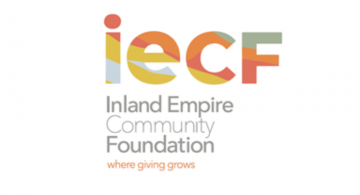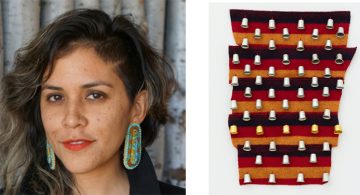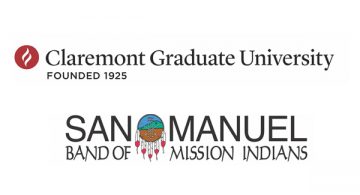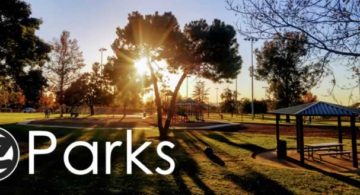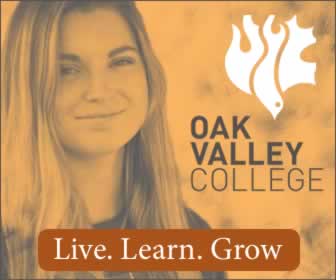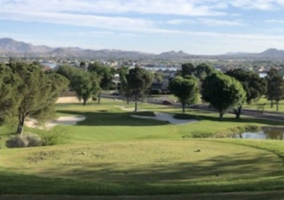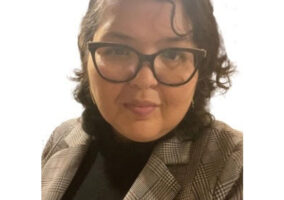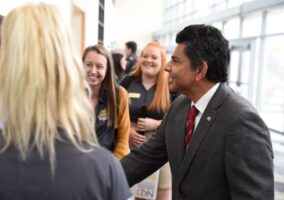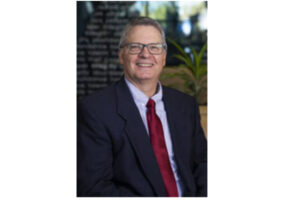UCR Associate Professor of Biology Helen Regan to Speak on Global Change and Biodiversity at the San Bernardino County Museum
UCR Associate Professor of Biology Helen Regan will speak on global change and biodiversity in southern California at the San Bernardino County Museum guest lecture on Wednesday, April 24, at 7:30 p.m. The lecture is open to the public at no cost.
As threats to biodiversity due to global change increase in number and magnitude there is a growing need to investigate interactions between multiple threats and manage populations and ecosystems accordingly. Conservation of endangered populations typically addresses threats separately by identifying the major cause of extinction, or the species trait that makes it most vulnerable to extinction, rather than crafting a solution that capitalizes on the interactions between threats and their effect on extinction risk. However, in order to provide efficient and effective population management strategies it is essential to establish a better understanding of the synergies between threats in terms of how they influence risks of decline or extinction. It may then be possible to reduce the effects of one threat by choosing an appropriate option for mitigating another.
“In this talk I will present some of the major risks to plant species in Mediterranean type ecosystems (of which the California Floristic Province is one) and focus on threats to two plant functional types dominant in these ecosystems,” said Regan. “The first case study will be devoted to southern Californian Ceanothus species which are highly vulnerable to altered fire regimes and shifting suitable habitat due to climate change. The second case study will focus on a resprouting tree from Australia which is vulnerable to disease and altered fire regimes. In both cases I show that it is insufficient to focus management efforts on only the single most dominant threat; an integrated management approach is necessary to maintain population persistence. I highlight the challenges faced in plant conservation in the face of pervasive global change and the unifying principles that can be gained from examining threats and species around the world from similar typed ecosystems.”
Helen Regan is an associate professor of biology at the University of California, Riverside. Her research areas span quantitative conservation ecology and probabilistic risk assessment. Dr. Regan has applied population models, uncertainty analyses and decision-making techniques to address a variety of conservation and wildlife management issues. She focuses on methodological issues of these techniques, the practicalities of their application, and their interpretation for management. Current research includes examination of the impact of uncertainty on potential adaptation strategies for threatened species impacted by climate change. She currently serves on the Standards and Petitions Subcommittee of the International Union for the Conservation of Nature Species Survival Commission, the National Research Council’s Committee on the Independent Scientific Review of the Everglades Restoration Progress and on the scientific advisory committee for the Australian Centre of Excellence for Risk Analysis. Dr. Regan received her B. S. from LaTrobe University and her Ph. D. from the University of New England in Armidale, both in Australia and both in applied mathematics.
The San Bernardino County Museum is at the California Street exit from Interstate 10 in Redlands. Parking is free. For more information, visit www.co.san-bernardino.ca.us/museum/. The museum is accessible to persons with disabilities. If assistive listening devices or other auxiliary aids are needed in order to participate in museum exhibits or programs, requests should be made through Museum Visitor Services at least three business days prior to your visit. Visitor Services’ telephone number is 909-307-2669 ext. 229 or (TDD) 909-792-1462.


